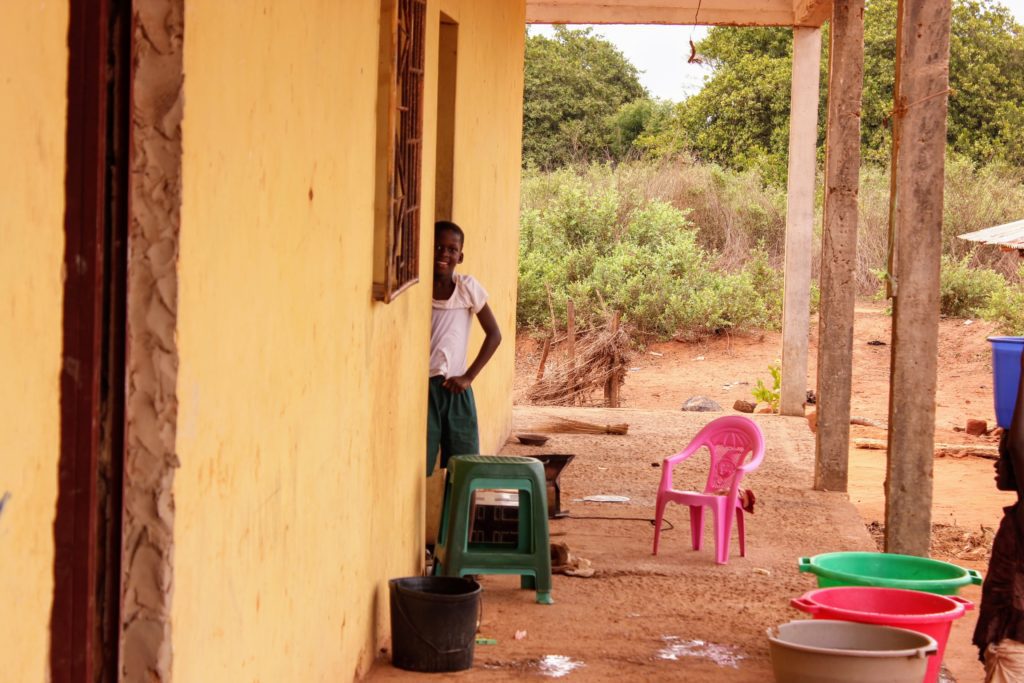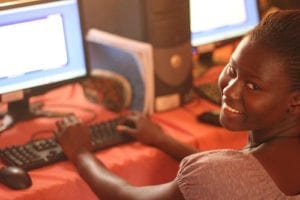Guinea-Bissau, located on the coast of West Africa, is one of the least-known countries in the world. That’s because it’s literally one of the smallest and poorest countries in the world. Here are the 10 most asked questions about Guinea-Bissau.
1. Is Guinea-Bissau a rich or poor country?
Guinea-Bissau is one of the poorest countries in the world. Out of 270 countries listed by the World Bank, only 21 have a smaller GDP than Guinea-Bissau (and those countries all have a population that is less than a tenth of Guinea-Bissau’s). In 2020, Guinea-Bissau’s GDP was 1.4 billion USD. Antigua and Barbuda have a similar GDP, but their population is less than 100,000 people, compared to the 2 million people that inhabit Guinea-Bissau.
About 70% of the population lives below the poverty line, earning less than the USD equivalent of $2 a day. The average person lives on $1.40 a day.
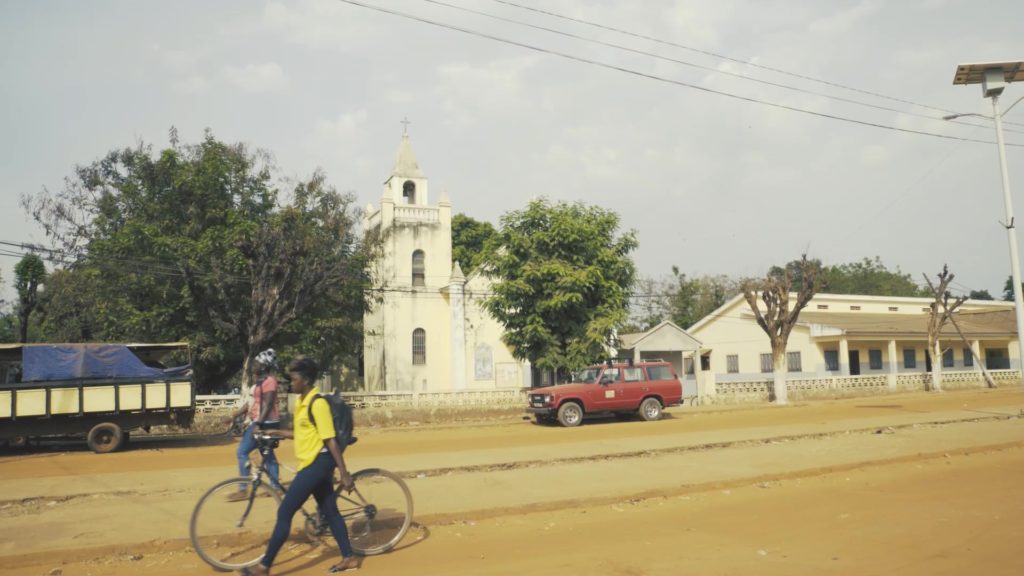
Interested in helping alleviate poverty in Guinea-Bissau?
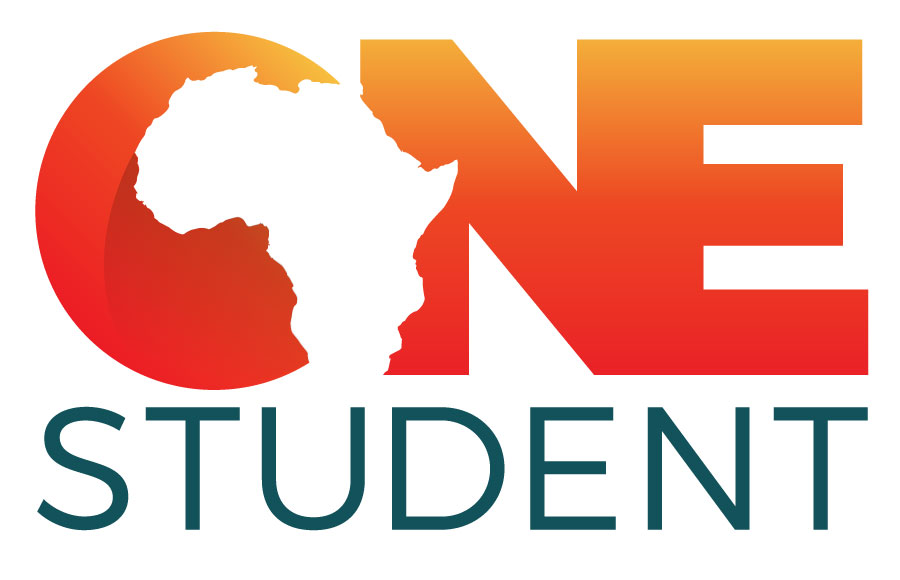
WAVS vocational schools in Guinea-Bissau equip young men and women in West Africa with life-changing job skills that allow them to work for a brighter future. One Student members give monthly to help keep tuition affordable and ensure that students receive a quality education.
2. What nationality are people from Guinea-Bissau?
People from Guinea-Bissau are referred to as Bissau-Guineans. Though if you are visiting the country, don’t be surprised if you hear people refer to themselves as “guineense”. Like most African countries, Guinea-Bissau is home to many different tribal and ethnic groups. Bissau-Guineans will sometimes mention their tribe when explaining their nationality.
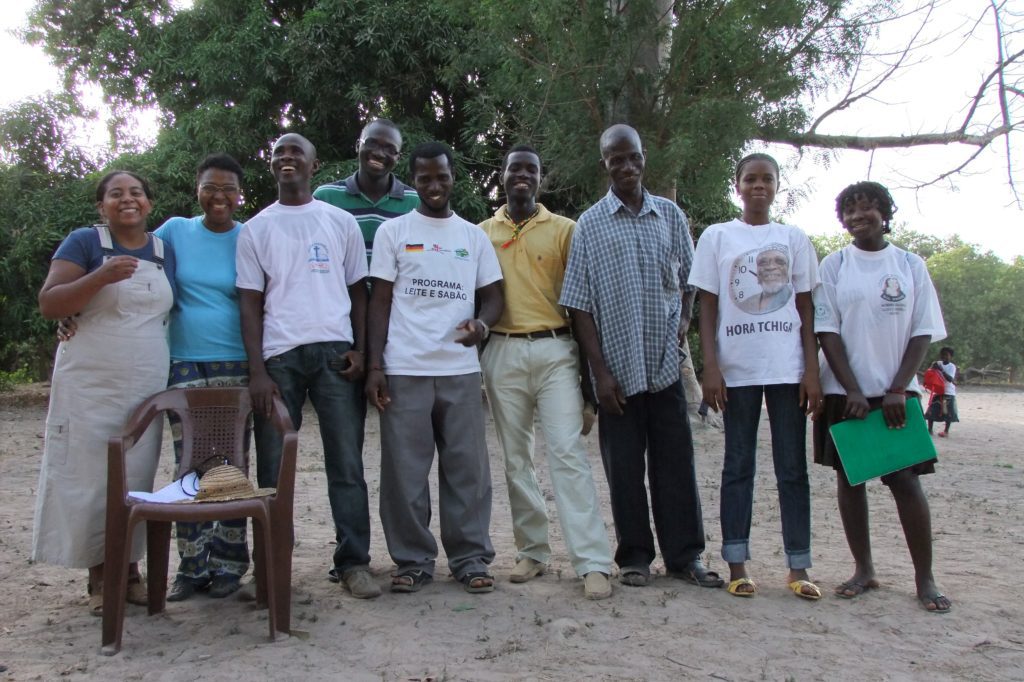
3. What is Guinea-Bissau famous for?
Guinea-Bissau is famous for its expansive coastline filled with tropical islands, some of which are run by matriarchal tribes. The country is also one of the top five cashew producers in the world despite being a country that is roughly the same size as the state of Maryland.
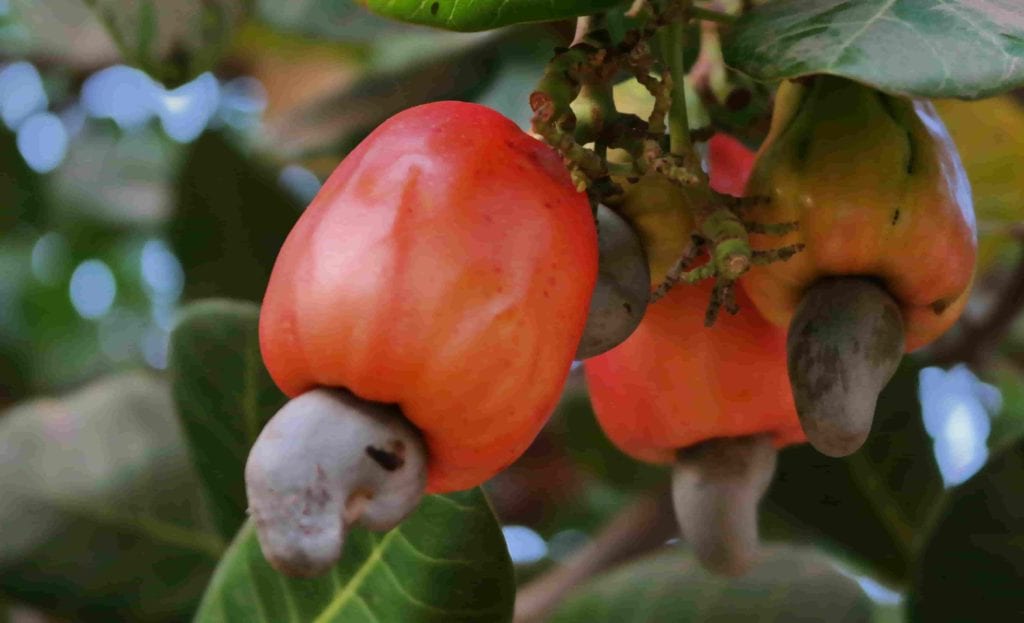
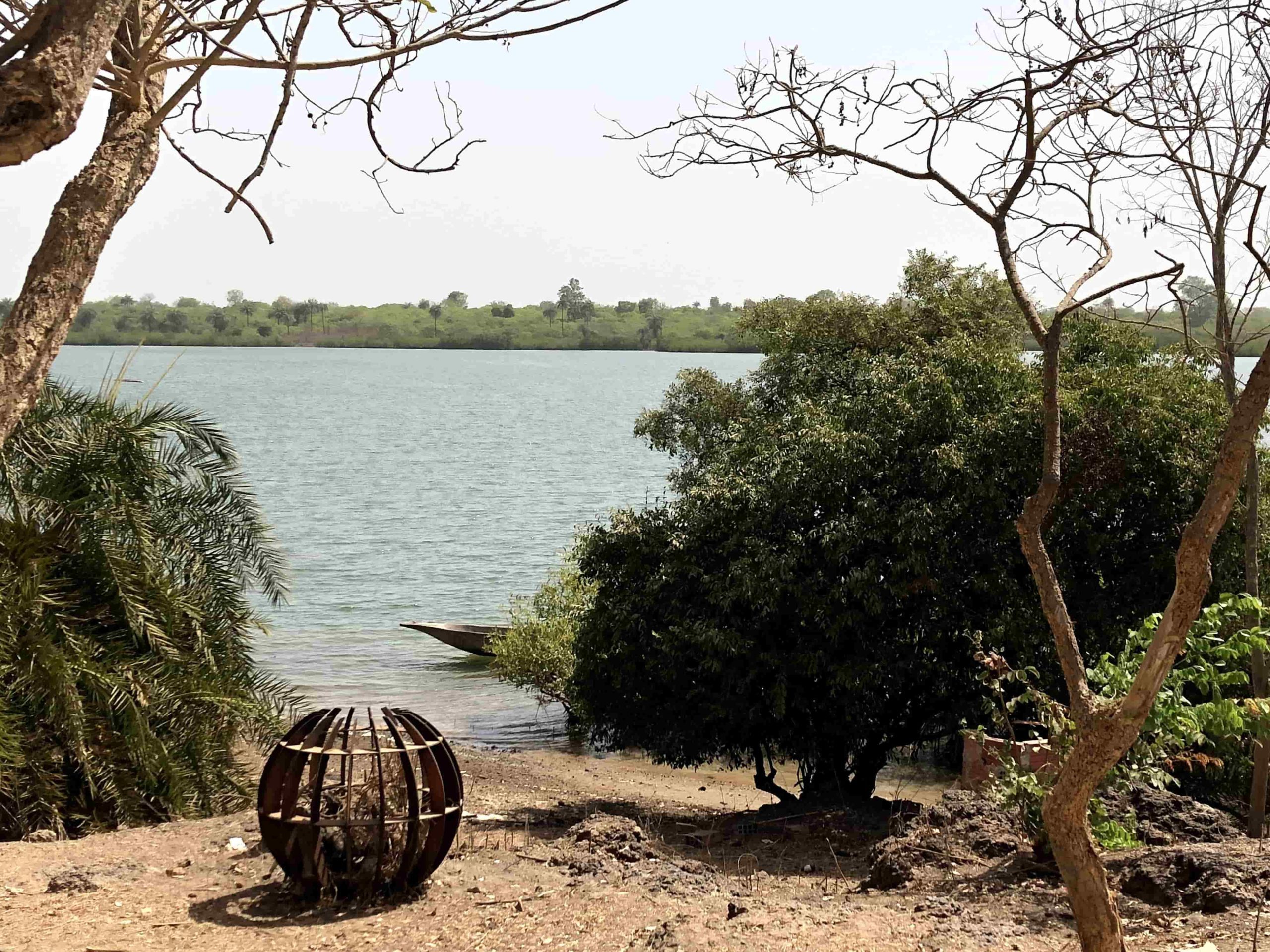
4. Is English spoken in Guinea-Bissau?
Very few people speak English in Guinea-Bissau. And the farther away you get from the capital, the less likely you are to find an English speaker. The language most commonly spoken in Guinea-Bissau is a called Guinea-Bissau creole or Crioulo. The official language of the country is Portuguese, but it is only spoken by about 11-14% of the population.
Hear an example of Guinea-Bissau creole from a WAVS vocational school teacher. Give it a try yourself!
5. Is Guinea-Bissau safe for tourists?
Guinea-Bissau is a relatively safe country. The World Bank records 1 homicide per 100,000 people. For reference, the United States’ rate is 5 per 100,000 and Mexico’s is 29 per 100,000.
Crime that does occur is typically opportunistic: stealing a wallet from a table when a back is turned, or government officials looking for small bribes.
However, as a whole, the country is extremely hospitable and welcoming to tourists.
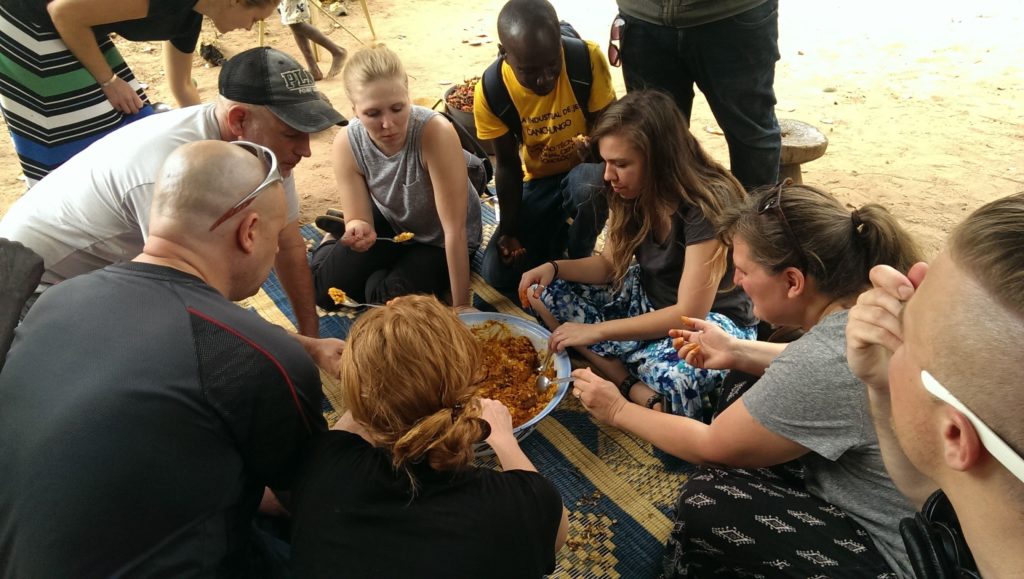


6. Who colonized Guinea-Bissau?
Guinea-Bissau was colonized by Portugal from the 1450s until 1973. The Guinea-Bissau War of Independence lasted for 11 years before Guinea-Bissau gained its independence from Portugal.
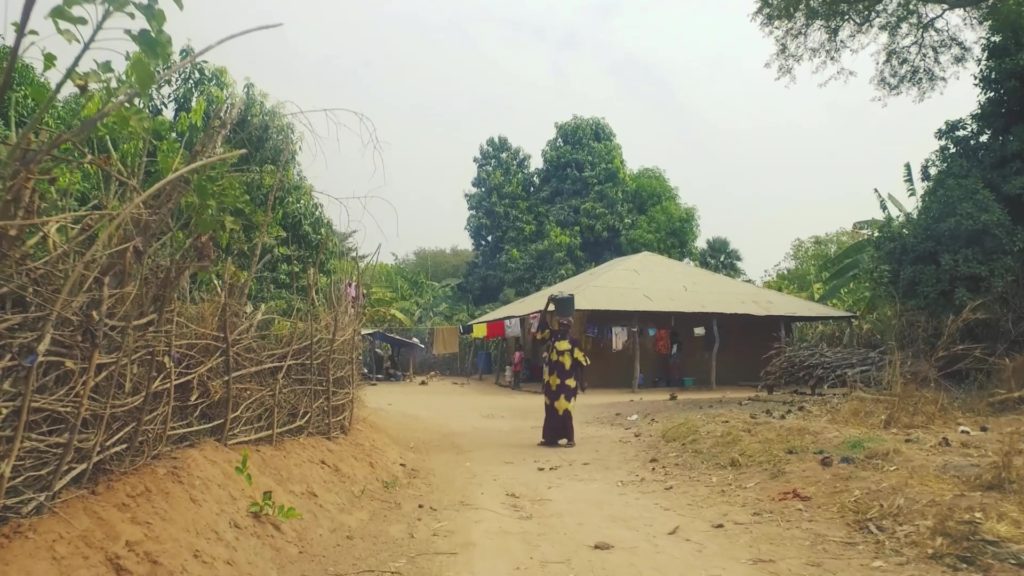
7. How many tribes are in Guinea-Bissau?
Guinea-Bissau is home to more than 20 different African ethnicities. Among these are the Balante, Fulani, Diola, Nalu, Bijago, Landuma, Pepel, and Malinke tribes.
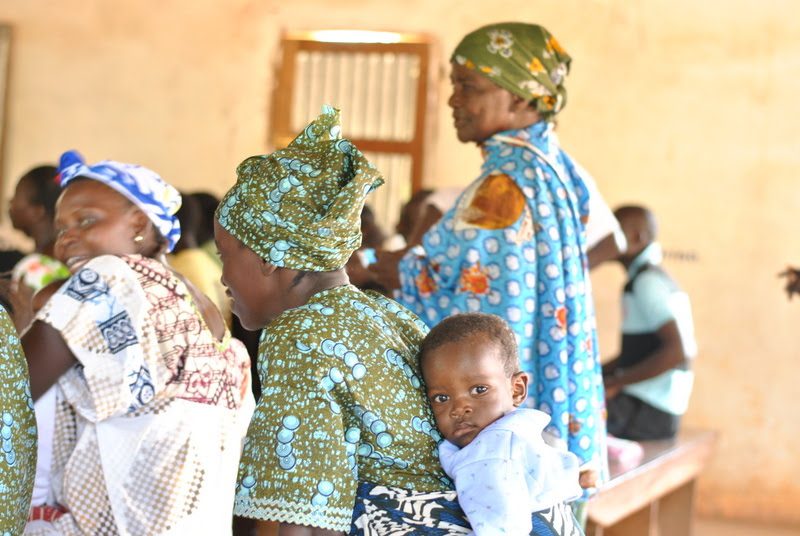
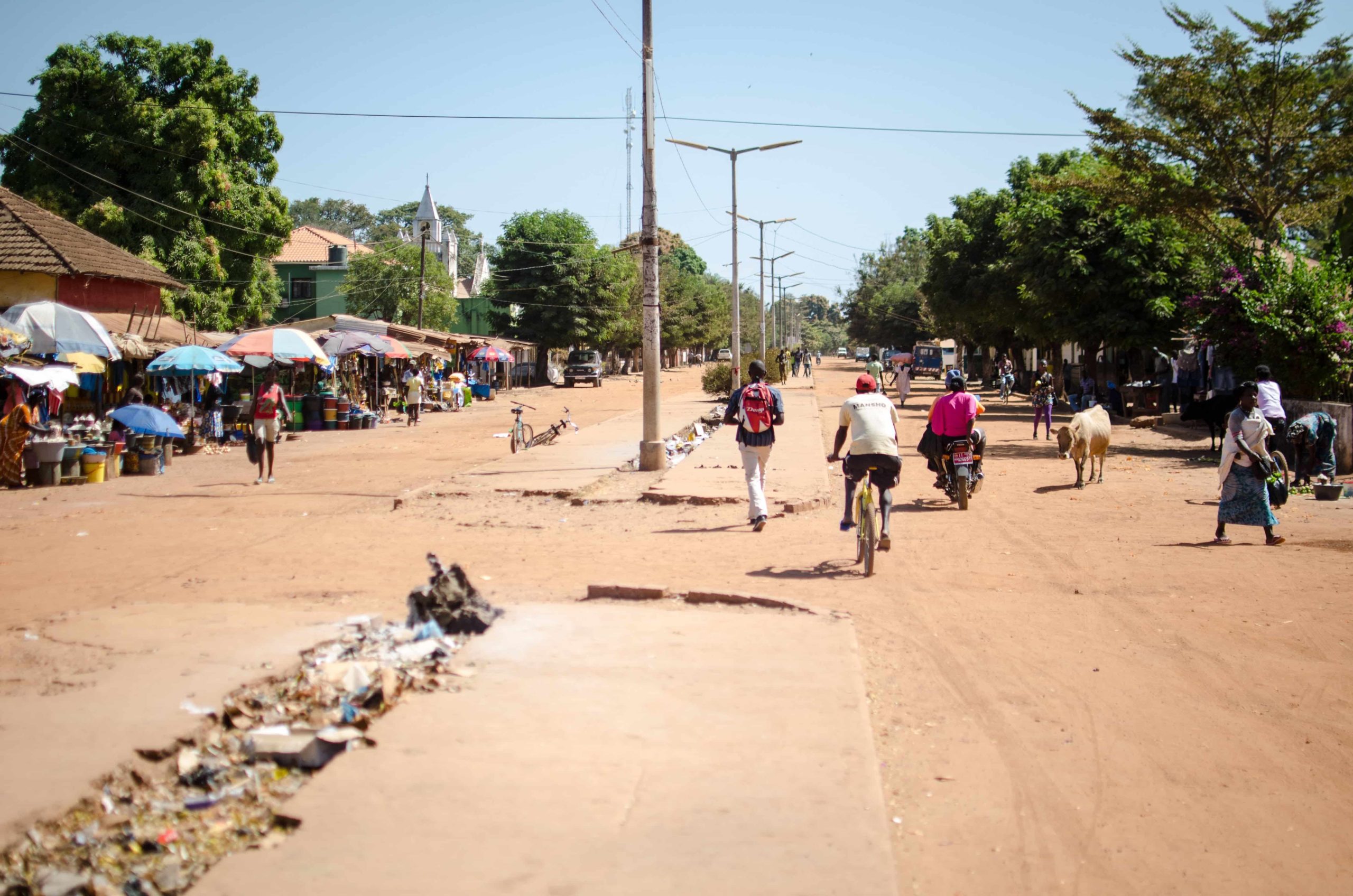
8. Do I need a visa to go to Guinea-Bissau?
Yes, you will need a visa to travel to Guinea-Bissau. A visa costs 55,000 XOF (approximately $85 to $95 USD depending on exchange rate). If you do not have XOF (pronounced safe-uh), you can pay for the visa with euros. When you arrive in the airport and travel through customs, agents will take your passport to an office down a hallway where you will pay for and receive your visa.
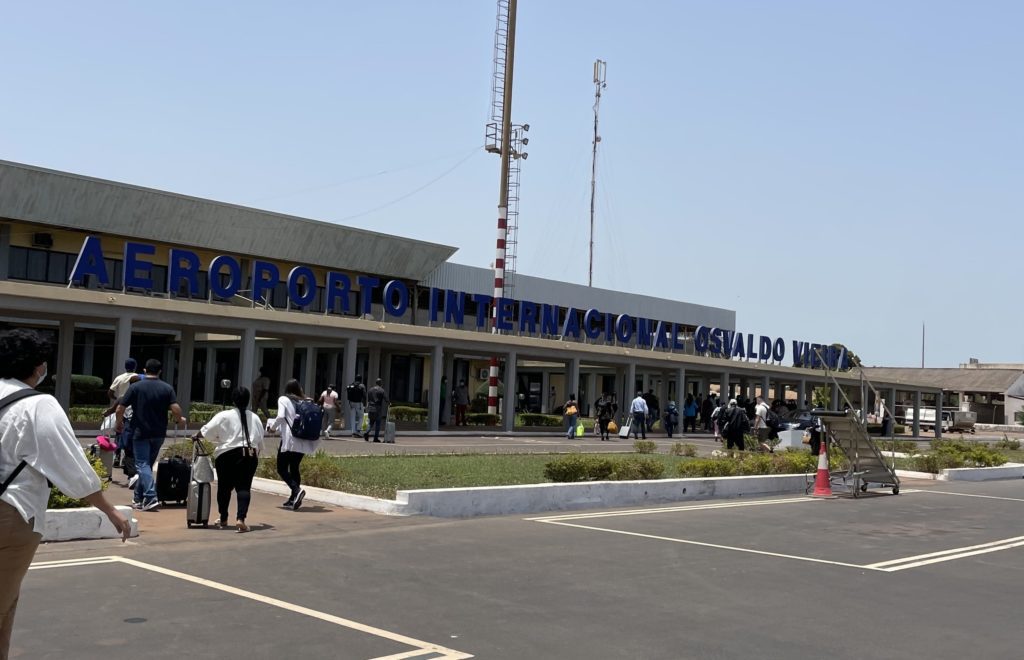
9. How do you pronounce Guinea-Bissau?
Guinea-Bissau is pronounced “Gi-nee buh-sau”
10. Why are there so many countries with the name “Guinea”?
We’re glad you asked – thankfully, we’ve written a whole blog about that too!
Hopefully, we have answered your questions about Guinea-Bissau in West Africa. If not, feel free to send us an email with your question! We love having the opportunity to teach others about this beautiful country that is so often overlooked.
Send us your questions about Guinea-Bissau
"*" indicates required fields

